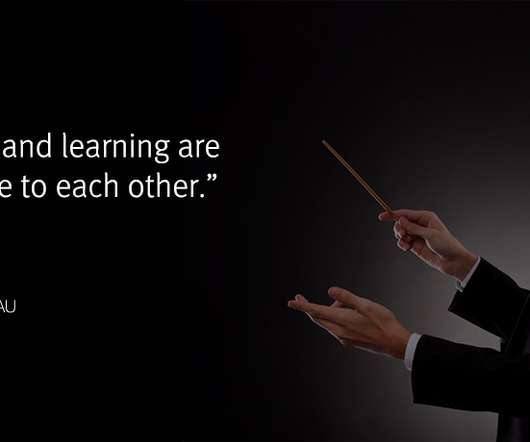The importance of building a business case for ERP
SYSPRO Smarter ERP
MAY 24, 2023
Implementing an Enterprise Resource Planning (ERP) system is a great place to start digitization of your manufacturing or distribution business to centralize all your data and streamline your operations for greater efficiency. Understanding why you need a business case can help you prioritize and justify the costs of an ERP system.



























Let's personalize your content